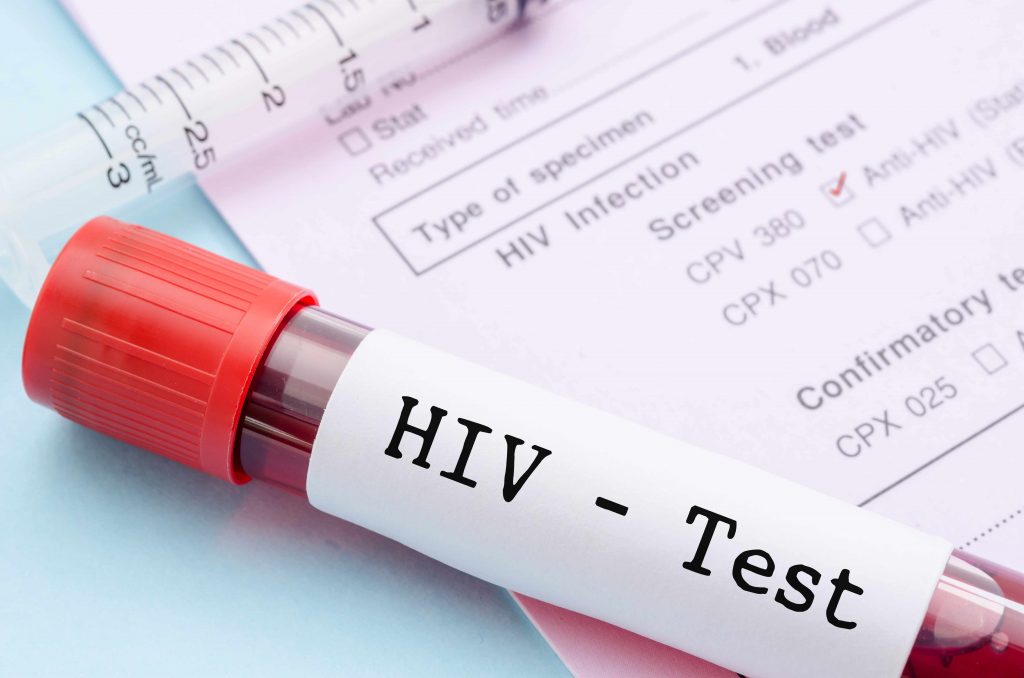
WHO Introduces New Guidelines To Reduce HIV Among Young Women WHO Consolidated guideline includes guiding principles to a 'woman-centered' approach and creating an enabling environment for women and girls living with HIV.
Four times more Jamaican women than men in the 15 to 19 age group have been reported with AIDS, according to a 2015 epidemiology report.
Against this backdrop, the new Consolidated guideline on sexual and reproductive health and rights of women living with HIV was introduced by the World Health Organisation (WHO) and the Pan-American Health Organisation (PAHO) to the Jamaican multisectoral HIV response group at a three-day workshop in Kingston last Tuesday.
The WHO Consolidated guideline includes guiding principles to a ‘woman-centered’ approach and creating an enabling environment for women and girls living with HIV. It also includes global best practices and recommendations for the implementation of a strategic plan to integrate sexual and reproductive health rights and HIV services, maternal health services, counseling, and community empowerment.
Person-Centred Approach
“We are taking a new approach to reaching more persons that is person-centered and over a life course,” disclosed Dr Manjulaa Nalasimhan, representative of WHO Geneva. “A person-centered approach acknowledges women as active agents, not passive agents, of accessing sexual and reproductive health services and rights,” she added.
According to the National Family Planning Board, socio-economic, cultural, and behavioural factors have made young women and girls three times more likely to contract HIV than boys of the same age group. Although Jamaica has been reaching many of these persons and providing treatment and care, some females are hard to reach. Therefore, the new WHO guidelines will specifically target the female population.
“At a time when women’s rights are just now being acknowledged globally, this workshop is appropriately timed. Our girls are being raised in a society that dictates their sexual and reproductive health outcomes,” said Lovette Byfield, executive director of the National Family Planning Board,
According to the WHO, in 2015, there were an estimated 17.8 million women aged 15 and older living with HIV.
WHAT IS PANCAP?
PANCAP is a Caribbean regional partnership of governments, regional civil society organisations, regional institutions and organisations, bilateral and multilateral agencies and contributing donor partners established on 14 February 2001. PANCAP provides a structured and unified approach to the Caribbean’s response to the HIV epidemic, and coordinates the response through the Caribbean Regional Strategic Framework on HIV and AIDS to maximise efficient use of resources and increase impact, mobilise resources and build the capacity of partners.
What are the Global AIDS Strategy 2021–2026 targets and commitments?
If targets and commitments in the strategy are achieved:
- The number of people who newly acquire HIV will decrease from 1.7 million in 2019 to less than 370 000 by 2025
- The number of people dying from AIDS-related illnesses will decrease from 690 000 in 2019 to less than 250 000 in 2025.
- The goal of eliminating new HIV infections among children will see the number of new HIV infections drop from 150,000 in 2019 to less than 22,000 in 2025.
What are the 95-95-95 Targets for ending AIDS?
- 95% of People Living with HIV know their HIV status;
- 95% of people who know their status on treatment; and
- 95% of people on treatment with suppressed viral loads.
HELPFUL LINKS:
Global AIDS Strategy 2021–2026, End Inequalities, End AIDS
https://pancap.org/pancap-documents/global-aids-strategy-2021-2026-end-inequalities-end-aids/
Caribbean Regional Strategic Framework on HIV and AIDS (CRSF) 2019-2025
https://pancap.org/pancap-documents/caribbean-regional-strategic-framework-2019-2025/
